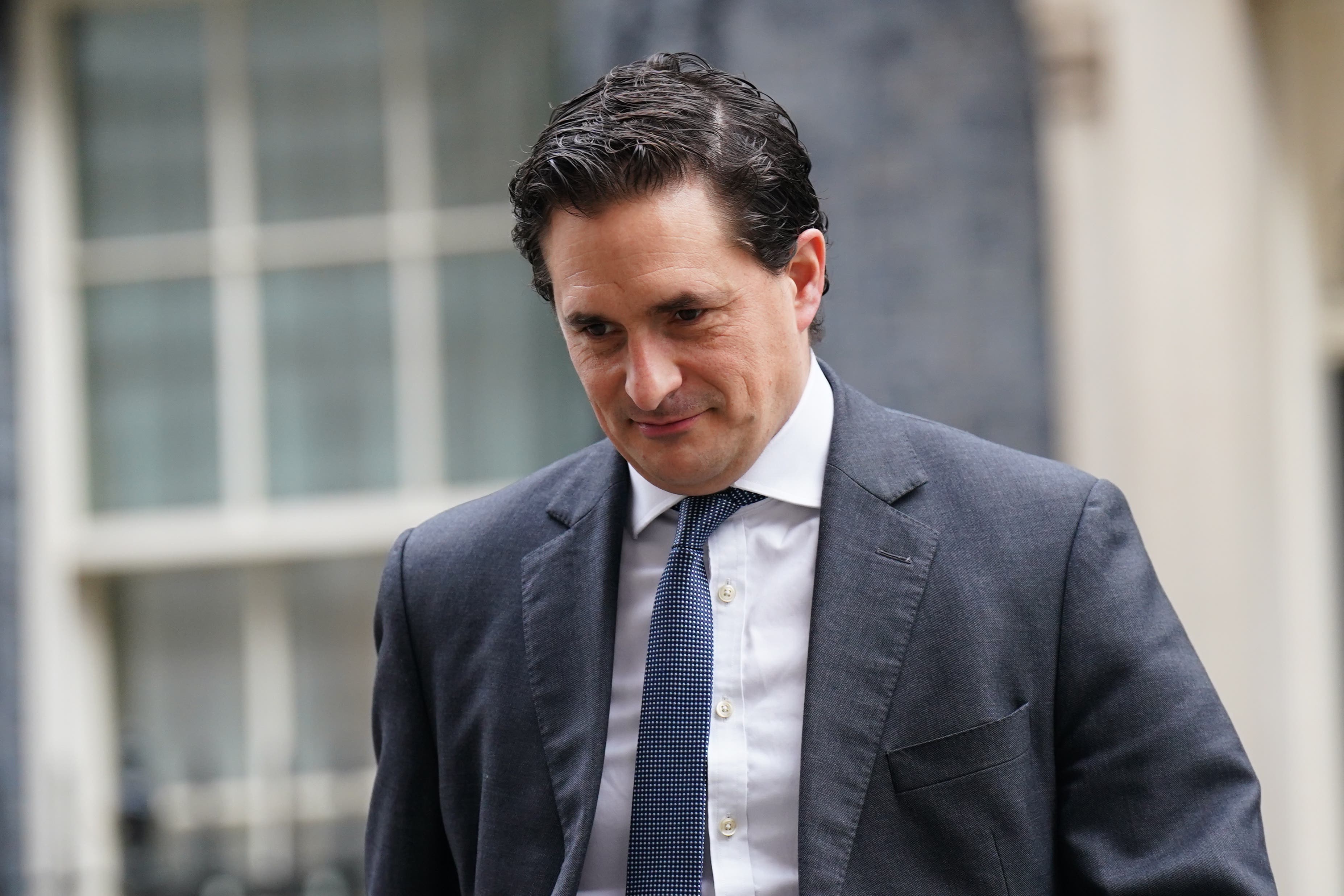Veteran in Army for 27 years turned away at polling station as military ID not allowed
Voter ID in now required at local elections, by-elections and general elections in England
Your support helps us to tell the story
From reproductive rights to climate change to Big Tech, The Independent is on the ground when the story is developing. Whether it's investigating the financials of Elon Musk's pro-Trump PAC or producing our latest documentary, 'The A Word', which shines a light on the American women fighting for reproductive rights, we know how important it is to parse out the facts from the messaging.
At such a critical moment in US history, we need reporters on the ground. Your donation allows us to keep sending journalists to speak to both sides of the story.
The Independent is trusted by Americans across the entire political spectrum. And unlike many other quality news outlets, we choose not to lock Americans out of our reporting and analysis with paywalls. We believe quality journalism should be available to everyone, paid for by those who can afford it.
Your support makes all the difference.A former British Army soldier has said he had been turned away from a local polling station because of his veteran’s ID.
Adam Diver, 46, who served for 27 years, was left “gutted” after learning a Veteran ID is not on the list of valid identification for voters.
Voters have been required to bring photographic identification for certain elections in the UK since May 2023.
This came after parliament passed the Elections Act in April 2022.
Voter ID is now required at by-elections and recall petitions, general elections, local elections and referendums in England.
In a post on X, Mr Diver said: “I’m not one for complaining but I am gutted!
“I spent 27 years in the Army and today I was going to vote in my local elections.
“I was sadly turned away at the door as my Veteran ID was not allowed as formal ID. I will be fighting for this “special ID” to be “more” formal.”
Veteran’s Minister Johnny Mercer has since apologised for Mr Diver’s ordeal, and pledged to have the rules changed.

“I am sorry about this. The legislation on acceptable forms of ID came out before the veterans ID cards started coming out in January this year. I will do all I can to change it before the next one,” Mercer tweeted.
A spokesperson for the prime minister said it is the government’s intention got the new Veteran Card to be added to the official list.
Critics of the voter ID rules have pointed out that cases of electoral fraud are rare in the UK, and personation even more so. Latest data from the Electoral Commission shows that, between 2018 and 2022, only 11 of the 1,386 alleged cases of electoral fraud resulted in convictions.
There are also concerns that voter ID laws can disproportionately affect marginalised communities’ ability to vote.
Labour’s Shadow Veterans Minister, Steve McCabe said: “Veterans turned away from polling stations because they can’t use their veterans ID card to vote is a testament to how the Tories like to talk up their support for our forces but are failing to deliver.
“Despite what Johnny Mercer says, the Government has had years to make sure former service personnel could have used their Veterans ID to vote.
“It seems the Minister is trying to pull the wool over veterans’ eyes yet again.
“Multiple problems have emerged with photo voter ID in recent elections. Every legitimate voter should be able to vote in our democracy. Ministers are required to hold a comprehensive review into this discredited policy and there must be no more dither and delay.”
A government spokesperson said: “Our intention is for the new Veteran Card, which was rolled out in January 2024, to be added to the official list of recognised identification – and we are already consulting on this. Defence Identity cards for serving Armed Forces members are already accepted.
“The introduction of the requirement to show photographic identification for voting in person across Great Britain is in line with longstanding arrangements in Northern Ireland and elsewhere, and has been recommended by international election watchdogs, including the Electoral Commission.
“The vast majority of voters in the polling station - 99.75% - cast their vote successfully at the local elections in England in May 2023, and we are confident that they will be able to do so at these polls.”

Join our commenting forum
Join thought-provoking conversations, follow other Independent readers and see their replies
Comments